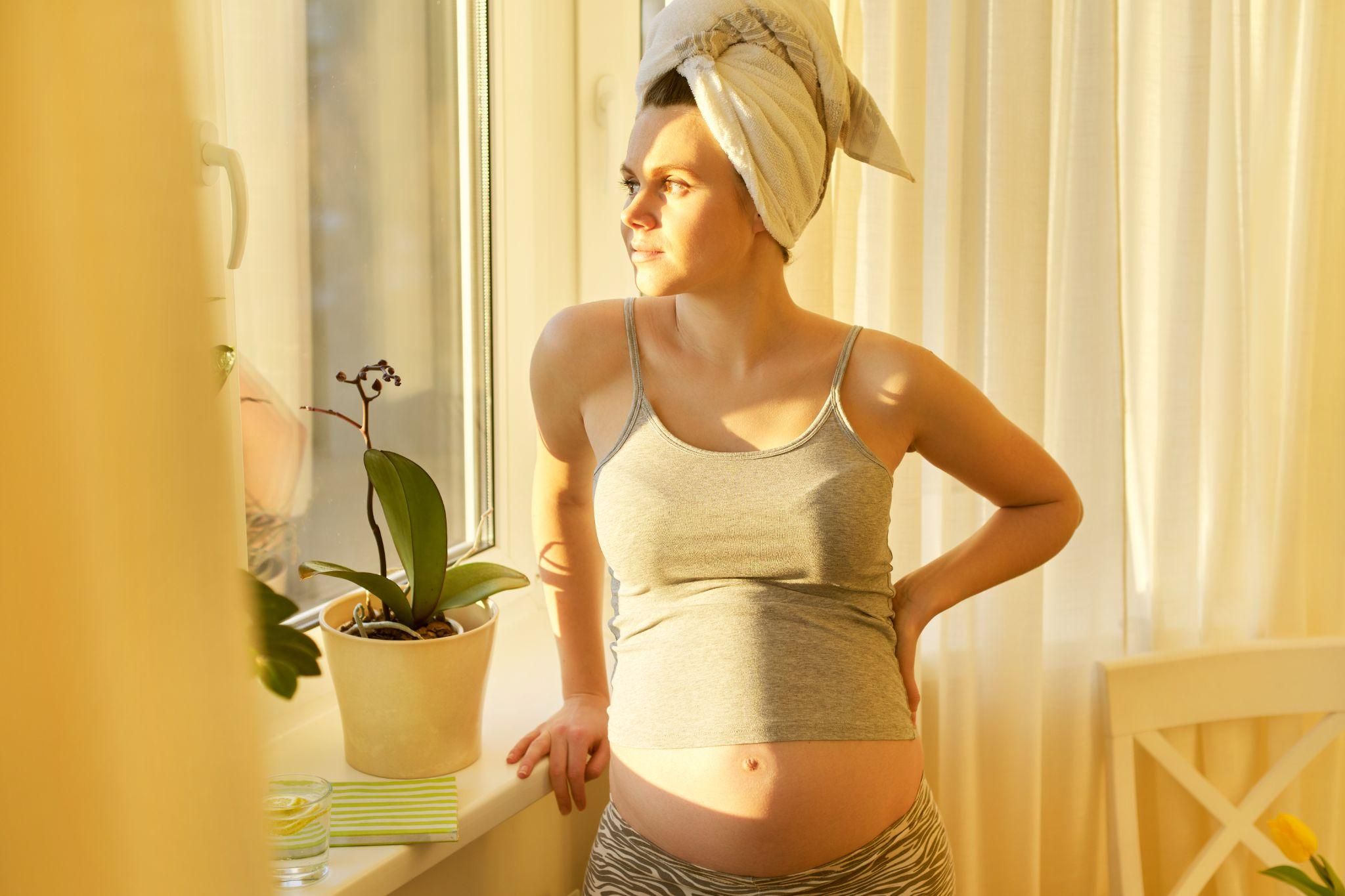Pregnancy is a transformative journey, not just for your life but also for your body. As your baby grows, your body adapts in miraculous ways—some expected, others surprising. And once your little one arrives, the changes don’t stop. Navigating these physical shifts with the right antenatal and postnatal care can make all the difference in your experience.
Here’s a friendly, down-to-earth guide to understanding and managing your body’s changes from bump to baby and beyond.
The Physical Changes During Pregnancy
First Trimester: The Early Shifts
From the moment you see that positive test, your body begins preparing for your baby. The first trimester is often marked by hormonal changes that can lead to:
Morning Sickness: Though not always in the morning, nausea can strike at any time. Small, frequent meals and ginger tea can help soothe your tummy.
Breast Tenderness: This is often one of the first signs of pregnancy, as your body prepares for breastfeeding.
Fatigue: Your energy levels might take a dive as your body works overtime to support your growing baby. Listen to your body and rest when you need to.
Second Trimester: The Honeymoon Phase
The second trimester often feels like a sweet spot. Your baby bump starts to show, and many mums-to-be experience a boost in energy. But there are still changes to keep in mind.
Weight Gain: This is when you’ll likely gain most of your pregnancy weight, which is completely normal. A healthy diet and gentle exercise, like walking or yoga, can keep you feeling good.
Stretch Marks: As your bump grows, your skin stretches. While creams and oils can help with hydration, genetics largely determine whether you’ll get stretch marks.
Nasal Congestion: An increase in blood volume can lead to a stuffy nose—carry tissues and stay hydrated!
Third Trimester: The Final Stretch
The last trimester brings the most noticeable changes as your baby prepares for their debut.
Swelling: Feet, ankles, and even hands can swell due to fluid retention. Elevate your legs when resting and avoid standing for too long.
Back Pain: As your bump grows, your posture changes, which can strain your back. Prenatal massage or a supportive belly band can offer relief.
Braxton Hicks Contractions: These “practice” contractions are a sign that your body is preparing for labour.
Postpartum Changes: The Fourth Trimester
Once your baby arrives, your body begins the incredible process of recovery and adaptation.
Hormonal Shifts
Your hormones play a huge role in postnatal recovery. After giving birth, hormone levels fluctuate, which can lead to:
Postnatal Bleeding: Known as lochia, this is your body’s way of clearing out the uterus. It typically lasts a few weeks.
Mood Swings: Baby blues are common, but if feelings of sadness persist, it’s important to speak to your doctor or midwife.
Breast Changes: Whether you’re breastfeeding or not, your breasts may feel full and tender as your milk comes in.
Physical Recovery
Your body has just done something amazing, and recovery takes time.
C-Section or Vaginal Recovery: If you’ve had stitches, follow your midwife’s advice for care. Rest and avoid heavy lifting until you’re cleared to resume normal activities.
Abdominal Muscles: Diastasis recti, or separation of abdominal muscles, is common after pregnancy. A postnatal physio can help with safe exercises to rebuild strength.
Hair Loss: Post-pregnancy hair shedding can be alarming but is usually temporary. A balanced diet and gentle hair care can help.
Managing Body Changes with Care
Antenatal Self-Care
During pregnancy, prioritising your well-being is key to supporting your body and baby.
Nutrition: Focus on a varied diet rich in whole grains, lean proteins, and plenty of fruits and vegetables. Don’t forget your prenatal vitamins!
Hydration: Staying hydrated supports your growing blood volume and helps with common issues like swelling and constipation.
Gentle Movement: Activities like antenatal yoga or swimming can help you stay active while reducing aches and improving your mood.
Sleep: Use supportive pillows to ease discomfort and try to establish a calming bedtime routine to promote better rest.
Postnatal Self-Care
Recovering from pregnancy and birth requires just as much attention to your needs.
Pelvic Floor Exercises: These can help restore strength and function to the pelvic area after delivery.
Rest: Sleep when your baby sleeps, even if it’s just a nap—it all adds up.
Professional Support: Don’t hesitate to seek advice from your doctor or midwife about any concerns, whether physical or emotional.
Social Connections: Join a postnatal group or reach out to fellow mums. Sharing experiences can be incredibly comforting.
Navigating Emotional Changes
Pregnancy and the postpartum period bring significant emotional shifts.
During Pregnancy
Feelings of excitement, fear, or even sadness are all normal. Talking to your partner, friends, or a professional can help ease any worries.
Postpartum
The postpartum period can be overwhelming. Whether it’s baby blues or something more persistent, like postnatal depression, don’t hesitate to seek help. Prioritising mental health is just as important as caring for your physical recovery.
Building a Support Network
A strong support system makes all the difference in navigating the ups and downs of pregnancy and motherhood.
Family and Friends: Lean on your loved ones for practical help and emotional support.
Mum Groups: Antenatal and postnatal groups are great for meeting other mums who understand what you’re going through.
Healthcare Team: Regular check-ups with your doctor or midwife ensure that you and your baby are on the right track.
From the first flutter of excitement to holding your baby for the first time, pregnancy and motherhood are life-changing journeys. Understanding and embracing the changes your body goes through—with the right antenatal and postnatal care—ensures that you can enjoy the process with confidence. Remember, every mum and every baby is unique, so trust yourself and seek support whenever you need it.
References
- The Ultimate Antenatal Classes
Prepare for labour, birth, and baby care with nine experts, including senior NHS midwives and an award-winning obstetrician!
https://unii.com/en/journey/ultimate-antenatal-classes





